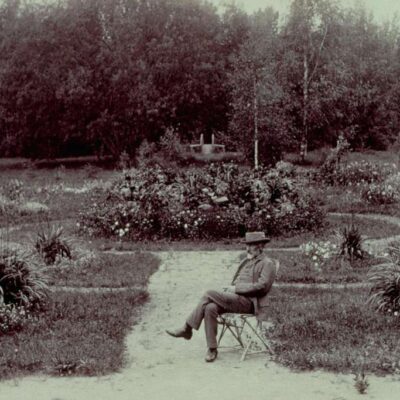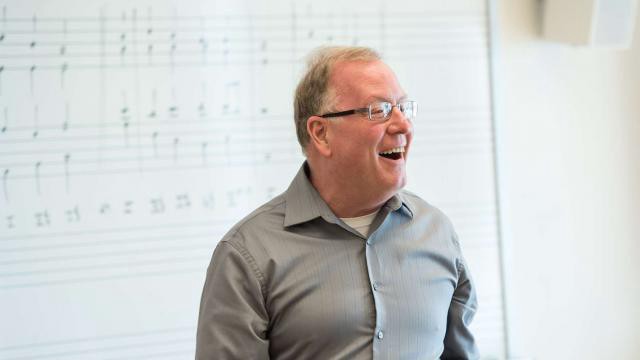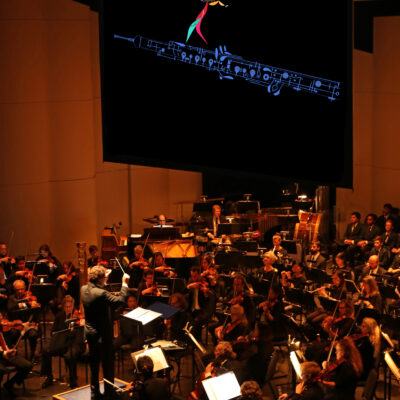Behind every great composer is… a great patron. Without the financial and emotional support of Nadezhda Von Meck—the woman Tchaikovsky corresponded with for 14 years and yet never met—the first Russian composer to achieve international acclaim might never have made it.
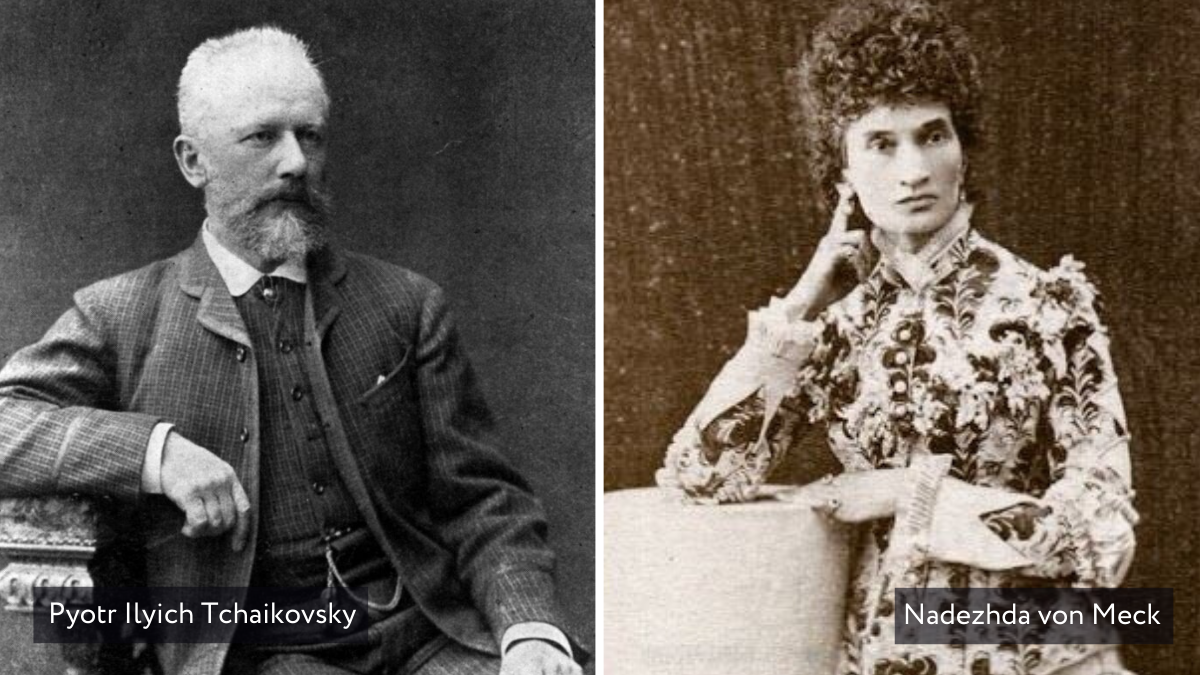
By California Symphony
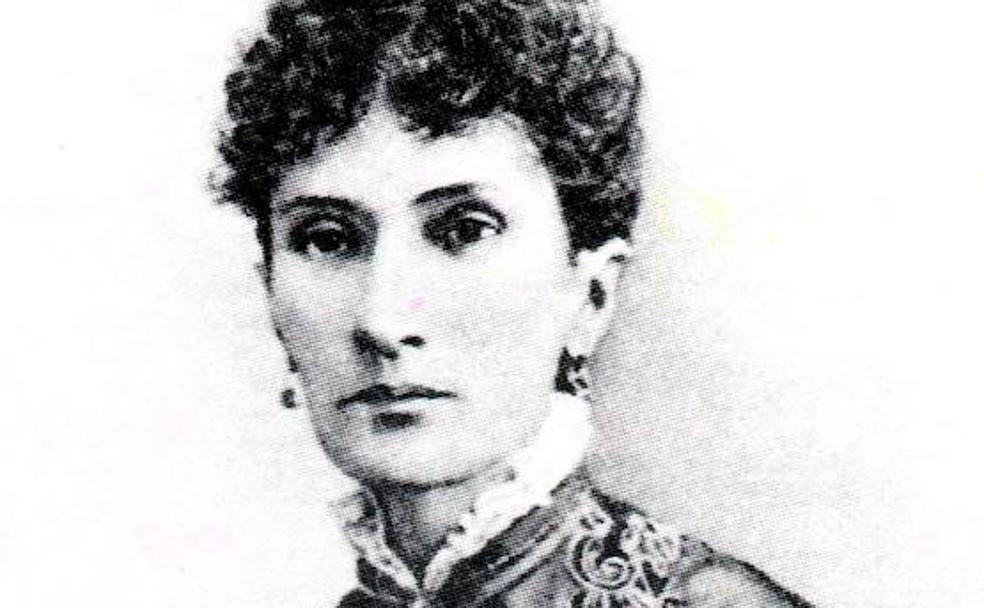
Tchaikovsky’s patroness Nadezhda von Meck.
Nadezhda von Meck was the widow of a wealthy railroad magnate, who had made his fortune by investing in Russia’s burgeoning railway network. When her husband died suddenly in 1876, 45-year old Nadezhda was left with her 11 surviving children (she gave birth to 18) and her husband’s fortune. She became almost a recluse, refusing to go out in society or even to attend the weddings of her own children.
The one thing that kept her somewhat connected with the outside world was music. She had studied music as a child and she was a capable pianist, and while her husband was still alive they had supported young musicians, even employing some as tutors to her children. (Teenage Claude Debussy wrote his Piano Trio while serving as music teacher to the von Meck children.) After her husband’s death, the wealthy widow began supporting the performing arts in Russia, sponsoring musicians and composers including Nikolai Rubinstein. She attended Russian Musical Society concerts, choosing to sit alone and in seclusion away from the crowd.
It was through the Russian Musical Society that von Meck first encountered Tchaikovsky’s music. She quickly became an ardent fan, granting the composer a generous annual allowance of 6,000 rubles—far more than the annual salary of 300-400 rubles that he would have earned had he stuck with a career in the Russian civil service. With his finances and social standing secured, Tchaikovsky was able to stop working and focus full time on composing.
Over the course of their 14-year relationship, the pair exchanged more than 1,200 letters. That’s nearly two letters a week —and these were no two-line texts! In fact, just the early surviving letters, 1876 to 1878, fill a 500+ page book. Less than half of the 1,200 letters were saved; Tchaikovsky was entreated to destroy the correspondence but evidently, he could not. What is left reveals fascinating insights into Tchaikovsky’s deep anguish and insecurities as a composer, as well as a deeply valued and intimate friendship, which endured and flourished despite the two protagonists never meeting in person. This was a stipulation imposed by the widow, who worried he would never live up to her expectations. The socially awkward Tchaikovsky had no qualms in complying, writing, “You are afraid that you will not find in me those ideal qualities that your imagination has attributed to me. And you are quite right.”
Near misses
By Martin Buzacott, ABC Classic
“Nadezhda’s habit of offering Tchaikovsky accommodation at her various estates resulted in the occasional close encounter. At one of her villas in Florence in 1878, he watched her pass by in the distance every morning, and they once glimpsed one another amongst the throng at a concert.
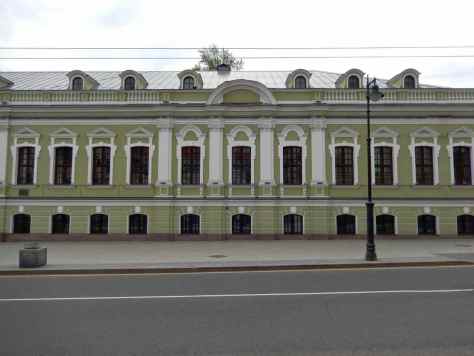
The von Meck house in Moscow where Tchaikovsky was a frequent guest but never while Nadezhda was there, of course.
Then, while out walking in the forest on the von Meck estate at Simaki in 1879, Tchaikovsky accidentally bumped into Nadezhda and her family in their carriage. He tipped his hat, she looked confused, and not a word was uttered before they both continued on their separate ways. That night he wrote her an apology. She replied kindly and even invited him to visit her home to see some new paintings she’d acquired — but of course at a time when she’d be absent.
Four years later, Nadezhda’s son Nikolai married Tchaikovsky’s niece, Anna Davydova. In keeping with her principles, Nadezhda didn’t attend the wedding, but Tchaikovsky did and met Nadezhda’s family. But as time wore on, it became apparent that the von Meck children didn’t approve of their mother’s relationship with the composer.”
In 1890, the letters between the two abruptly stopped. Von Meck told Tchaikovsky she was bankrupt and that she needed to cut off her support. This was not true and the real reason for the cessation of this intense correspondence is unclear, however there are suggestions that von Meck’s children may have pressured her to curb her extravagant support for the composer.
It’s not clear whether Tchaikovsky’s final letter to von Meck ever reached her. In it, he expressed his deep gratitude:
“… My dear friend, rest assured that I will remember your friendship, compassion, and material assistance until my last breath, and will bless you. I am glad that precisely now, when you can no more share your means with me, I can express with all my might my boundless, ardent, altogether in affable gratitude. You probably yourself do not suspect the full immensity of your good deed!… Without any exaggeration I can say that I have never forgotten you and never will forget you for even a single minute, for my thoughts, whenever I think of myself, always and invariably encounter you. I want to kiss your hands and beg you to know once and for all that no one sympathizes and shares in all your afflictions more than I.”
Tchaikovsky died three years later at the age of 53, and von Meck died less than three months after him. A family member was asked how the late patroness had endured Tchaikovsky’s death. She replied: “She did not endure it.”
Originally published February 2020. Updated August 2021.
The California Symphony’s TCHAIKOVSKY PASSION featuring Tchaikovsky’s Symphony No. 6 (Pathétique) takes place Saturday, March 22, 2025 at 7:30 PM and Sunday, March 23 at 4 PM at the Lesher Center for the Arts. Tickets are $45 to $90 and $20 for students 25 and under, and include a free 30-minute pre-concert talk starting one hour before the performance. Buy tickets online or call or visit the Lesher Center Ticket Office at 925.943.7469, Wed – Sun, 12:00 noon to 6:00 pm.

